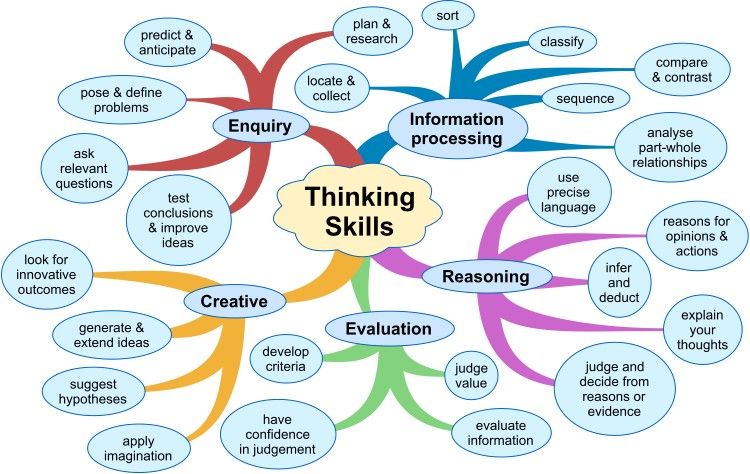Children who need attention
Do’s & Don’ts of Attention-Seeking Behavior
Even though she was only three years old, Mallory knew precisely how to get attention from her parents. When she wanted a cookie before dinner, she’d whine and hang on to her father’s pant leg as he cooked. She’d continue until her dad caved in and got her the cookie. Of course, by that point, he was willing to do anything to make her stop.
When she didn’t want to go to bed, she’d run around the house as her parents chased her. Eventually, they’d give up and let her stay up an hour later.
And when Mallory wanted to watch a video, and her parents told her no, she’d scream until she got her way.
Why do young children seek attention in ways that can be so annoying? And why do we, as parents, give in so often?
There are many reasons kids seek attention: they’re bored, tired, hungry, or in need of quality time with their parents. But the reasons your child acts this way aren’t as important as learning how to respond when they do.
Keep in mind that such attention-seeking behavior is normal. Children in the 3- to 7-year-old age range are simply not able to distinguish between needs and wants. And they often don’t know how to articulate themselves without being annoying. It’s a developmental problem. So for these kids, the easiest method of communicating is to engage in attention-seeking behavior—usually loudly and frequently!
But don’t despair. These behaviors are manageable, and your child can improve if you follow these do’s and don’ts the next time your child whines, cries, or screams to get your attention.
Do Be Empathetic
For young kids, approach the problem of annoying behavior with empathy. Empathy doesn’t mean that you completely understand your child’s behavior. Rather, it means that you know it’s coming from a place of developmental immaturity.
Yes, it can be hard to muster up empathy and kindness when your child is acting obnoxious. But once you understand their developmental level, you will know what they are and are not capable of handling, and you will be able to respond more appropriately.
Do Learn to Ignore Your Child When Necessary
Sometimes you need to ignore your child when they bother you for attention. This is not to say that you should always ignore every aspect of your child’s attention-seeking behavior. But it is okay to tell your child that whining will not get them what they want and that you will only speak to them when they can speak calmly.
Do Explain to Your Child What an Emergency Is
Explain to your child the difference between (1) a real emergency (where your immediate attention is warranted), and (2) something that your child wants but isn’t urgent. For instance, if the sink is overflowing upstairs, or a sibling has just escaped out the front door, those are real emergencies, and your immediate attention is needed. However, if your child wants to show you a video, and you’re talking on the phone, that’s not an emergency. They can wait for your attention in that instance.
Here’s a helpful tip: have a plan in place that allows your child to signal when something is truly important. Developing a catchphrase for them to say in a real emergency (for example, “code red”) helps your child learn to differentiate between a real emergency and simply wanting your attention.
Developing a catchphrase for them to say in a real emergency (for example, “code red”) helps your child learn to differentiate between a real emergency and simply wanting your attention.
Do Display the Rules for Your Child
One of the best ways to stop attention-seeking behavior in its tracks is to let your child know your expectations and what behaviors they need to avoid.
You can do this by creating a rules chart. Have them help you create it, and then hang it at their eye level (the refrigerator is a good place for it). Even if your child doesn’t read, just looking at the chart will serve as a reminder of the agreed-upon rules.
Here are a few examples of what can go on the chart: no whining, no screaming, and no running away when called. Next to each rule, list the consequence. For instance, sit by yourself for 5 minutes, go to bed 10 minutes earlier, or lose electronics time.
Of course, your child will break the rules at times—that happens. But when the rules are listed where your child can see them, you can then point and say,
“Sorry, no screaming is on the rules list. No television tonight.”
No television tonight.”
Do Be Consistent With Consequences
The biggest hurdle parents face in stopping attention-seeking behavior stems from not consistently enforcing the consequences when their child acts out. Too often, parents are tired, frustrated, or just want their child to be quiet. In short, they’re burnt out, so they give in rather than enforce the rules through consistent consequences.
While giving in if you’re burnt out is understandable, make no mistake about it: your child is taking mental notes each time you yield to their demands. And the next time they want something, they’ll redouble their attention-seeking efforts to get it.
Do Give your Child Healthy Attention
Make sure you are giving your child a healthy amount of attention. Giving attention doesn’t mean meeting all of your child’s demands at every turn. Rather, it means engaging with them consistently and lovingly each day.
Healthy attention can come in the form of quality playtime, reading together, eating family meals and talking about your day, doing homework or school activities with them, and having a consistent bedtime routine.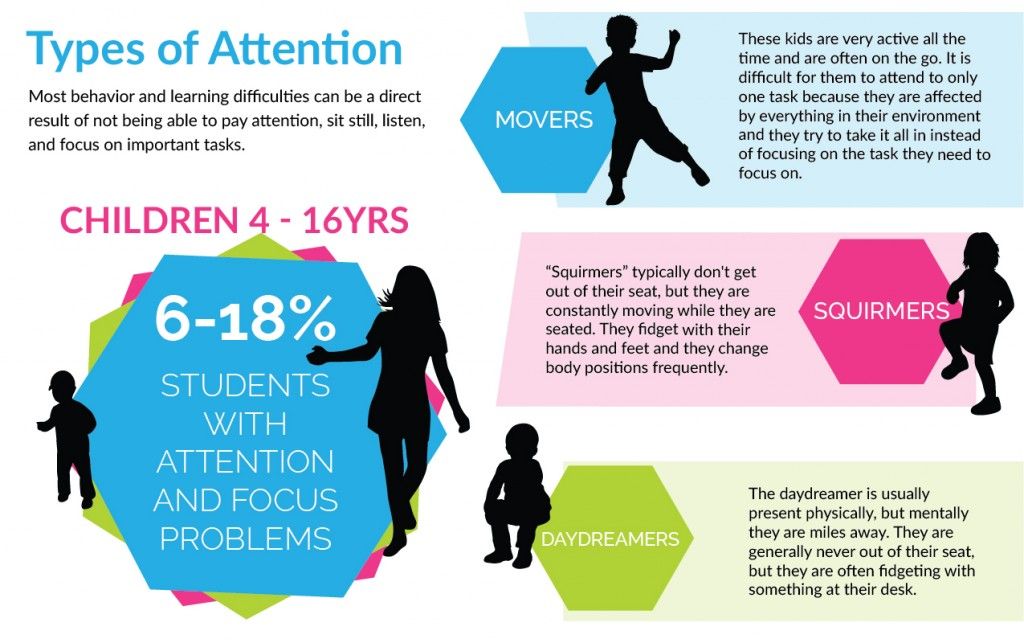
Each day will be different in terms of how much attention you can give your child. Your busy schedule will dictate how much time you can spend, so be realistic about what you are capable of giving.
And give yourself a break if you feel guilty about not giving enough—no one wins if you berate yourself for not fitting everything in.
Related Content: “Am I a Bad Parent?” How to Let Go of Parenting Guilt.
Don’t Yell Back at Your Child
It is very tempting to reduce your emotional responses to your child’s level, especially when the whining doesn’t stop, or you’re tired and at your wits’ end.
Try to have a plan in place for removing yourself from the situation when you feel like you might explode.
If your child doesn’t end the attention-seeking behavior, say to them:
“I need a time-out right now because you won’t stop whining. I’ll be back in 5 minutes.”
Then go to your quiet place and practice some relaxation and deep breathing exercises until you are calm enough to deal with your child.
Related Content: Calm Parenting: How to Get Control When Your Child is Making You Angry.
Don’t Make Your Child Feel Guilty
Juggling the responsibilities of kids, work, and life in general leaves many parents feeling chronically exhausted and overworked. As such, it can be tempting to guilt our kids into good behavior by unloading our difficulties (an unreasonable boss, a stressful encounter with a neighbor, a fight with a co-parent) onto them.
But the issues adults face should not be shared with our kids. Kids already deal with enough stress and anxiety of their own, and it’s not fair to burden them with your problems as well. There’s nothing wrong with your child knowing that you feel exhausted, but you should skip all the gory details. Just say to your child:
“I’ve had a busy day and have a headache. So I’d like you to stop whining, or you will have to sit by yourself.”
Don’t Assume There Is Something Wrong With Your Child
Many parents mistakenly believe that their young child’s attention-seeking behaviors signify that there is a bigger problem, and they panic.
On the contrary, most kids will act out at some point in their development—and that’s okay. It doesn’t mean that there is something wrong with your child. As a parent, you should expect this behavior during childhood and respond to it with effective consequences so that, over time, your child learns how to behave appropriately when they are frustrated or want attention.
Of course, if you are following these suggestions and still have concerns, or if your child is acting out in ways that are dangerous to themselves or others, contact your pediatrician immediately. Don’t ignore your parental intuitions if something doesn’t seem right.
Don’t Hover Over Your Child
You don’t have to be present every time your child needs something. Don’t feel guilty or fear that your child will feel unloved if you don’t always respond to attention-seeking behavior. Just know that part of good parenting is teaching your child that not all of their needs can be met. If you are always on-call whenever your child needs something, your child will never learn the value of patience, the importance of waiting their turn, and the understanding that they’re not the center of the universe.
Parents that hover over their kids run the risk of reinforcing the attention-seeking behavior, and the child may carry these behaviors into adulthood.
Related Content: How to Stop Worrying and Avoid Helicopter Parenting
Conclusion
Attention-seeking behavior can be annoying and difficult for parents to handle. Indeed, it can take the pleasure out of parenting altogether. Just remember that this is a perfectly normal stage of a young child’s development, and if you follow these do’s and don’ts, your child’s behavior will improve—and you will enjoy being a parent again.
Related Content: Stop the Show: Putting a Lid on Your Child’s Attention-seeking Behavior
Attention Seeking Behavior and Managing Emotions in Children
Some children think they’re the center of the universe, and behave as if everyone should revolve around them like the planets orbit the sun. From the 10-year-old “diva” who demands center stage at all times to the 17-year-old who takes out his frustrations on his family when his girlfriend breaks up with him, this attention-seeking behavior can be exhausting for everyone. When it starts affecting everyone around your child in a negative way, it’s time for you, as a parent, to act.
When it starts affecting everyone around your child in a negative way, it’s time for you, as a parent, to act.
Parents often naturally make their children feel like they’re the center of the universe. Let’s face it, when kids are young, they demand a great deal of care. That level of attention, however, should diminish gradually as children get older. Let me put it this way: it’s great feeding a one-year-old, but nobody wants to feed a seven-year-old. The job I’m describing, of course, is breaking the child away physically. There’s also a powerful emotional connection that many parents have trouble managing, and they sometimes get trapped by emotionally making their child feel like he’s the center of the universe.
If your child is ruling your household with his or her dramas, you have to stop the show.
Don’t misunderstand, there’s nothing wrong with making your child feel special, important and loved. The problem is when you do it at the exclusion of other children or family members. Just as you can’t let one of your children have all the computer or TV time, it’s also a mistake to let him have all the emotional focus of the family. Make no mistake, kids have to learn how to share and take turns, in
all respects.
Just as you can’t let one of your children have all the computer or TV time, it’s also a mistake to let him have all the emotional focus of the family. Make no mistake, kids have to learn how to share and take turns, in
all respects.
Problem #1: My Child Expects Our Family to Revolve around Him
If you want to change the way your child acts because he thinks your family should revolve around him, you have to look at fairness. There’s nothing wrong with making each child feel important, but if there are multiple kids in the family, you have to make sure the other children feel important, too.
So what is fair if you have three kids? How do you decide that? I’m all for structure myself. I believe that the computer can be shut down at times, it’s okay. It doesn’t have to be on just because it’s there. The video games don’t have to run constantly, either. And it doesn’t always have to be somebody’s turn. Everybody can get half-an-hour on the Wii or Nintendo in the evening. And then you use extra video game time to reward and motivate kids to do extra things. It doesn’t have to be a complex math problem of, “There are five hours and three kids, so each gets one-and-two-thirds hours on the computer.” It doesn’t have to be that way, and it shouldn’t be, in my opinion. So time on the computer, playing video games, and watching movies should all be structured.
And then you use extra video game time to reward and motivate kids to do extra things. It doesn’t have to be a complex math problem of, “There are five hours and three kids, so each gets one-and-two-thirds hours on the computer.” It doesn’t have to be that way, and it shouldn’t be, in my opinion. So time on the computer, playing video games, and watching movies should all be structured.
What I recommend parents say to kids is something like this: “You can have half-an-hour of computer time to goof around and IM. But later on, if you’re not working on your schoolwork, the computer is going to be shut off.” You can do this with only children as well. That way, you combat the idea that they’re the center of the universe by focusing on fairness.
Problem #2: My Child Dominates Every Conversation
If you have a child who takes center stage in every conversation and doesn’t give others a chance to have a turn in the spotlight, I think you have to be a little more frank with that kid privately. You can say, “Listen, we love it when you tell us about what’s going on in your life, but you’re not giving your brothers and sisters a chance. We want you to give them a turn, too. Listen to them and let them finish their sentences.” Now, sometimes these talkative kids are speaking without any real knowledge that they’re doing anything wrong; sometimes they’re talking because that’s how they manage anxiety. Let’s say they feel “less than” the other kids. When they’re anxious like this, they’re competing for attention. And when you feel anxious, that often comes out verbally. So the way to deal with that is by helping them with the anxiety, going to the source of the problem and trying to help them manage that. If you think anxiety might be an issue with your child, I recommend that you schedule an appointment with their pediatrician.
You can say, “Listen, we love it when you tell us about what’s going on in your life, but you’re not giving your brothers and sisters a chance. We want you to give them a turn, too. Listen to them and let them finish their sentences.” Now, sometimes these talkative kids are speaking without any real knowledge that they’re doing anything wrong; sometimes they’re talking because that’s how they manage anxiety. Let’s say they feel “less than” the other kids. When they’re anxious like this, they’re competing for attention. And when you feel anxious, that often comes out verbally. So the way to deal with that is by helping them with the anxiety, going to the source of the problem and trying to help them manage that. If you think anxiety might be an issue with your child, I recommend that you schedule an appointment with their pediatrician.
Another thing you can do with your child is develop what’s called a “non-verbal cue.” You can say, “Let’s come up with a sign just between the two of us. If you’re talking too much and not giving other people a chance, I’ll give you a signal and nobody will know but us. When you get that signal, you need to stop talking and listen to other people for awhile.” Don’t be critical of them when you have this conversation. I also recommend that you come up with this sign together—in fact, you can use it as a way to bond with your child. The point is, by coming up with a non-verbal cue, you’re lending your child some of your self-control and some of your internal structure. This can be very helpful for many kids who don’t yet have that in place.
If you’re talking too much and not giving other people a chance, I’ll give you a signal and nobody will know but us. When you get that signal, you need to stop talking and listen to other people for awhile.” Don’t be critical of them when you have this conversation. I also recommend that you come up with this sign together—in fact, you can use it as a way to bond with your child. The point is, by coming up with a non-verbal cue, you’re lending your child some of your self-control and some of your internal structure. This can be very helpful for many kids who don’t yet have that in place.
Problem #3: My Child’s Dramas and Emotions Rule Our House
If your child is ruling your household with his or her dramas or emotions, you have to stop the show. You have to get that child alone and say, “Listen, just because something is happening to you doesn’t make it a tragedy for everybody else. If I see you being over-dramatic, I’m going to send you to your room for 5 minutes to pull it together.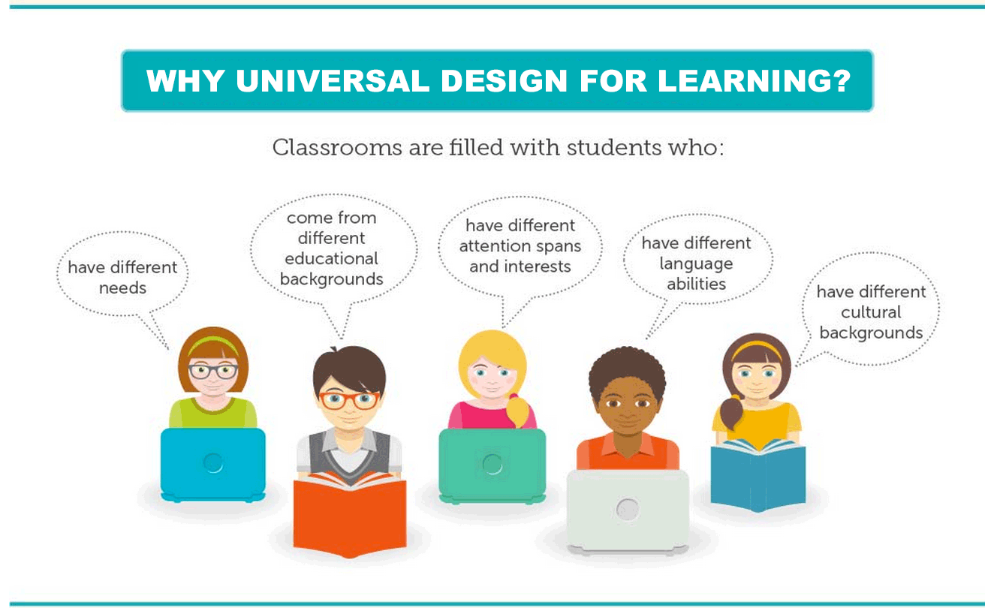 ” Sometimes kids will then react with, “You don’t understand me, nobody loves me.” I don’t have a lot of patience for that, personally. I recommend parents say something like, “If you say that we don’t love or understand you, I’m just going to ignore it. Because we’re not talking about you being understood or loved, we’re talking about the fact that you broke up with your girlfriend and now you want to take it out on everybody else. Your behavior right now is about getting people to feel sorry for you. You just want all this attention and it’s not healthy for you.”
” Sometimes kids will then react with, “You don’t understand me, nobody loves me.” I don’t have a lot of patience for that, personally. I recommend parents say something like, “If you say that we don’t love or understand you, I’m just going to ignore it. Because we’re not talking about you being understood or loved, we’re talking about the fact that you broke up with your girlfriend and now you want to take it out on everybody else. Your behavior right now is about getting people to feel sorry for you. You just want all this attention and it’s not healthy for you.”
I want to make that very clear: that kind of attention is not healthy for the child receiving it. It’s a pain in the neck for everybody else, but it’s also not healthy for that child. As a parent, you have to teach them how to manage their inner experience without making other people feel bad. Part of what they get out of that drama and attention-seeking is they make their parents and other kids feel like they have to take care of them. And I think you can deal with that directly by saying, “Don’t try to make me feel like I have to take care of every little thing that doesn’t go your way.”
And I think you can deal with that directly by saying, “Don’t try to make me feel like I have to take care of every little thing that doesn’t go your way.”
There’s a saying I like: “There are two kinds of days for teenagers. Good days and days when things don’t go their way.” As a parent, your best tool is to manage behavior with a structured response. If your child is being rude or obnoxious to you because they’re upset about something that didn’t go their way, you can say, “Don’t talk to me that way, I don’t like it,” and leave. Another approach is to give them a different way to express themselves. Suggest, “Why don’t you write about it? I’m going to get you a journal. I want you to write all about your problems with your boyfriend there, and then once a night you can share it with me for five minutes.” So you put all these tools together and manage that child’s emotions until they can learn to manage them on their own. Again, you set an external structure with the hope that they’ll internalize it.
Problem #4: My Only Child is the Little King/Queen of Our House
I think a special note has to be made for only children. I understand that this is a unique situation because these kids are the center of the family for a good part of their life. So as an infant, that child is always held, always gets special attention, always has two smiling faces looking at him or her. Only children don’t have to share their toys at Christmas, or feel jealous of any presents or attention their siblings receive. But remember this: it’s important for parents to shape that level of attention to develop things like empathy and consideration for others.
Don’t forget, empathy is an instinctual energy, but it still has to be developed. You may experience it as an emotion, but it’s also a drive that gets us outside of ourselves and thinking about others. If you’re an only child in a family, you don’t have to compete for computer time or video game time. You don’t ever have to say, “Well, it’s Ben’s turn, I guess I’ll let him go,” because you don’t have the opportunity to learn those kinds of lessons at home with siblings.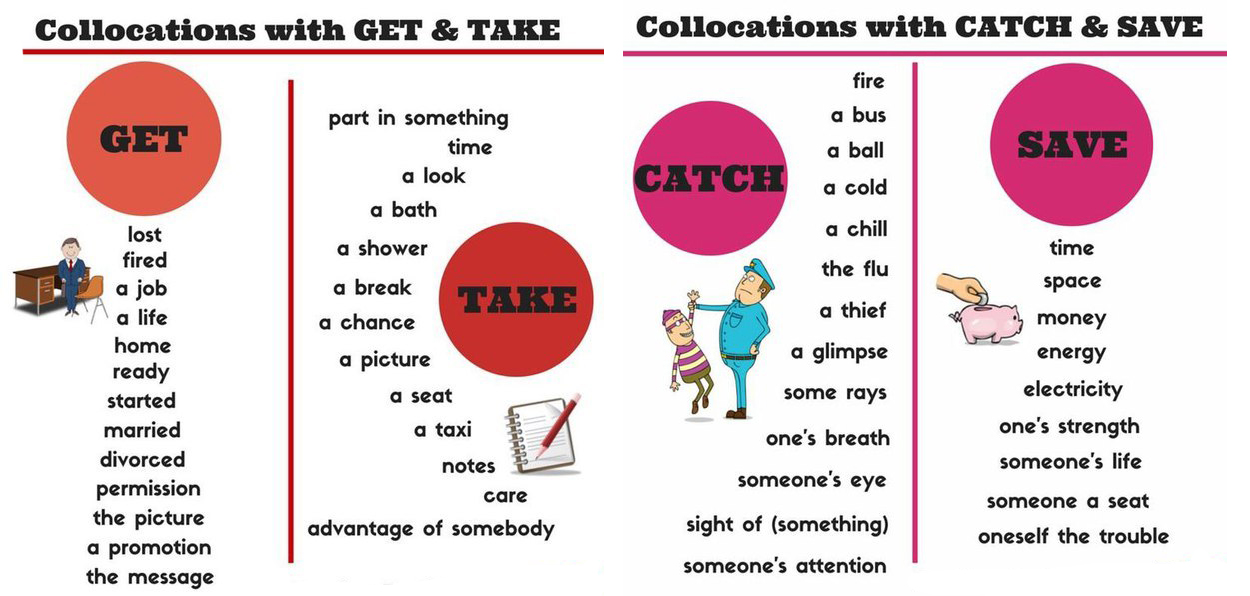
Now, many only children do just fine because they learn those lessons in school, and they have their own instincts to rely upon. But there are others who don’t. You can think of it this way: in effect, these children have been trained to be self-centered—so as a parent, you have to slowly wean them off that perception.
I think you can sit down with your only child at any age and say, “I’ve been thinking about how lucky we are to have what we have. Even if it’s not that much, we have more than many others. And I think we should find a way to share with other people who are less fortunate. What kinds of things do you think we could do?” Come up with ideas with your child and then follow through on them together.
Solution: Develop Clear Rules and Expectations around Attention-seeking behavior
It’s always important to sit down when things are going well and to talk to your kids about things that need to be changed or addressed. Don’t do it in a time of anger or frustration, or when you’re trying to correct their behavior. You should always do it when things are going well. You can say something like, “Hey honey, do you have a minute? Let’s talk about something.” And you tell them what you see going on. Be sure to have some other options prepared for them, such as the journal suggestion. “Instead of starting fights with your sister, or ruining the evening for everyone with your bad mood, you can write about it in a journal. I can talk to you every night at a certain time.” This way, your child’s needs are being addressed and they feel important, but you’re not letting them dominate the house.
You should always do it when things are going well. You can say something like, “Hey honey, do you have a minute? Let’s talk about something.” And you tell them what you see going on. Be sure to have some other options prepared for them, such as the journal suggestion. “Instead of starting fights with your sister, or ruining the evening for everyone with your bad mood, you can write about it in a journal. I can talk to you every night at a certain time.” This way, your child’s needs are being addressed and they feel important, but you’re not letting them dominate the house.
It’s very important that you make an appointment to talk with your child again about it later. So you can say, “I want you to work on this and we’ll talk about it before bedtime and see how it’s going.” Remember, kids learn through repetition and rehearsal. So, when you repeat something, when you give them a day or two to think about it, kids are able to absorb new ideas better. At the same time, you should introduce the idea that “If you don’t go along with our new rules, this is what’s going to happen. ” Then you set some limits on the behavior and let them know that there are going to be consequences: “You will be told to go to your room if your behavior ruins the atmosphere for everyone else in the family.” I think that the combination of being very supportive but also holding kids accountable is very powerful.
” Then you set some limits on the behavior and let them know that there are going to be consequences: “You will be told to go to your room if your behavior ruins the atmosphere for everyone else in the family.” I think that the combination of being very supportive but also holding kids accountable is very powerful.
Remember, your kids need to know what’s going to happen if they don’t change, and you have to be clear and follow through. In my opinion, there’s not much change without accountability. So set up a structure to change the things you want to change. Get your child to take responsibility for their actions. And the way you get them to take responsibility is by holding them accountable to the rule once you’ve established it.
Related Content:
Attention-Seeking Behavior in Young Children: Do’s and Don’ts for Parents
The Obnoxious Child: When an “Audience” Makes Behavior Worse
"My son constantly demands attention - it's impossible to mind my own business" - Parents.
 ru
ru Relationships
"My 8-year-old son constantly demands attention from me. It is impossible to go about your business when he is at home. I understand that you need to communicate with the child, I spend time with him - we read together, watch cartoons. But everything has a limit. And before that he was not like that: he went about his own business, did not interfere with anyone. What happened to him?"
Svetlana, Kazan
- Photo
- fizkes/Shutterstock/Fotodom.ru
Option 1: the parents are to blame
The problem is that we do not allow our children to be independent. Most likely, the roots grow from childhood, when the mother unconsciously attached the child to herself, spending a lot of time with him. She decided everything for him, “helped” him to do, overcome, teach. He put the laundry wrong, and she says: "Sit, sit, son, I'll do everything now.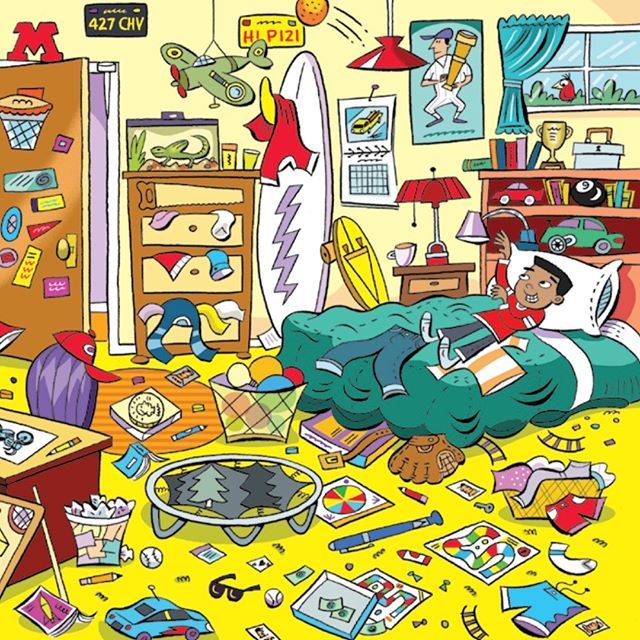 " Often such mothers sign notebooks for children, fill out diaries, because they have calligraphically beautiful handwriting and they want everything to be very beautiful for the child. The kid is already used to it, he has developed an algorithm - since the mother is here, she is obliged to be surprised and delighted with his successes, to evaluate, to be there. He gradually becomes a despot and a tyrant who knows nothing, is not responsible for anything (after all, his parents always did everything for him - they collected a portfolio, woke up to school, cleaned the room). As a result, the mother is forced to live the life of a child, although each of them has their own. nine0003
" Often such mothers sign notebooks for children, fill out diaries, because they have calligraphically beautiful handwriting and they want everything to be very beautiful for the child. The kid is already used to it, he has developed an algorithm - since the mother is here, she is obliged to be surprised and delighted with his successes, to evaluate, to be there. He gradually becomes a despot and a tyrant who knows nothing, is not responsible for anything (after all, his parents always did everything for him - they collected a portfolio, woke up to school, cleaned the room). As a result, the mother is forced to live the life of a child, although each of them has their own. nine0003
It could be a long-awaited child, whom everyone admired and praised from birth. And now he went to school, and it turned out that he was not the most important, and certainly not the only one, as in the family. Perhaps he lacks attention, and for his lack of attention, he turns to his mother. As a rule, these are children who were not denied anything in childhood, they were praised, they were the smartest and most successful in everything with their mother.![]()
If you need to free up time for your own business, you should say: “Wait, dear, now I have to cook dinner. And in half an hour (here you can go to the clock and show), when the big hand is here, I will be free, and I will listen with pleasure to what you tell me or show me. In the meantime, play or read a book, or watch a cartoon. You need to start with 10-15 minutes a day, which you free up for yourself. At first, these will be things that are understandable to a small child. If you immediately say that I should take care of myself, I need free time, he will not understand. When there is someone else at home, say that you need to go to the store. You can just go outside, take a walk for 15-20 minutes. Mom should gradually accustom the child to the fact that he should not always be fixated on her, that she also has her own affairs, her own time. The result is that you can relax, read a book, take a bath, do your own business when you want, and not when the child is already sleeping and cannot disturb. Mom needs to understand - if she began to accustom the child to independence, you can’t back down. If you do not adhere to the chosen line, everything will return to normal. The child will find a mechanism for influencing the mother, and will be no less capricious. nine0003
Mom needs to understand - if she began to accustom the child to independence, you can’t back down. If you do not adhere to the chosen line, everything will return to normal. The child will find a mechanism for influencing the mother, and will be no less capricious. nine0003
See also: "The secret meaning of children's whims: 5 things parents don't understand" childhood lacked mom, for example, she worked a lot, and now he is catching up. You need to make it clear to your son that he should be able to spend time on his own - play, do homework, go for walks, go to classes. Be sure to say you love him. Active contact is important for children, so stroke, hug, kiss. It is important that the child understands how dear he is to his mother. Say "You're my best but I can't play with you right now" and explain why. nine0003 If a child is used to being the best and the only one, and it is difficult for him to readjust at school, it is necessary to explain that it is impossible to be perfect in everything and be equally successful in everything. Read also: “How to praise a child: 12 important rules” Tags Children need attention, and that's okay. But sometimes it is simply impossible to spend time with a child in such a way as to have time to work out and do your own thing. But what if a son or daughter needs attention all the time? The teacher-psychologist Svetlana Tonkikh answers. Question: The child is five years old and constantly needs attention. I now work remotely, so I am at home, and he cannot play himself, cannot watch cartoons himself - he constantly needs my presence and interaction. Answer: There are a number of reasons why a child needs constant attention from loved ones. And if everything is fine with love, acceptance, contact between mother and child, you can pay attention to these moments. If the above points are observed, the child's cognition program, laid down by nature, is activated, and over time, he will learn to do his own thing on his own. But the duration of this time period depends, of course, on age, individual and personal characteristics. At 5 years old, a child can play for one and a half to two hours. nine0003 Focus on your child, evaluate what he can do now, and what needs help, observe what interests him, and create conditions for harmonious development. And, of course, give freedom where it is useful to him. This will bring a lot of benefit and joy to both of you. I am happy to share my life hacks that make it possible to work: 1. Magic suitcase. It can be a magic box/bag/package where games are stored that the child has not played for a long time, candy wrappers, stickers, something for creativity. 2. Safe and accessible space. A zone where the child can feel as comfortable and calm as possible, and the mother will feel that everything is in order with the baby. It does not have to be a separate room - it can be a separate corner, but all allowed games will be collected in it. 3. Joint games. You can offer your child an interesting plot of the game, support the game, then warn that you need to leave for a while, but you will definitely return to continue. So you can step back from the game for a while, but return within the promised time. nine0003 4. Involvement in everyday affairs. Involve your little helpers as much as possible in household chores: give them the opportunity to wipe the dust, water the flowers, start the washing machine and hang up the laundry, wash the dishes and vacuum: all these household chores bring together, introduce them to work, form the independence and significance of the child in family life. People are interested in each other because everyone has different hobbies. Someone is better versed in cars, someone in dinosaurs or insects. Making mistakes and doing something wrong is normal, this is how we gain experience, learn.
People are interested in each other because everyone has different hobbies. Someone is better versed in cars, someone in dinosaurs or insects. Making mistakes and doing something wrong is normal, this is how we gain experience, learn.
I work remotely, and a five-year-old child constantly needs attention. What to do?
 Tell me what can be done about it? nine0003
Tell me what can be done about it? nine0003
 But it is independence that gives the child the opportunity to fully, slowly master the world around him, establish cause-and-effect relationships and notice all the details.
But it is independence that gives the child the opportunity to fully, slowly master the world around him, establish cause-and-effect relationships and notice all the details.  Various small "treasures" - everything that the child loves and that will delight him. nine0003
Various small "treasures" - everything that the child loves and that will delight him. nine0003 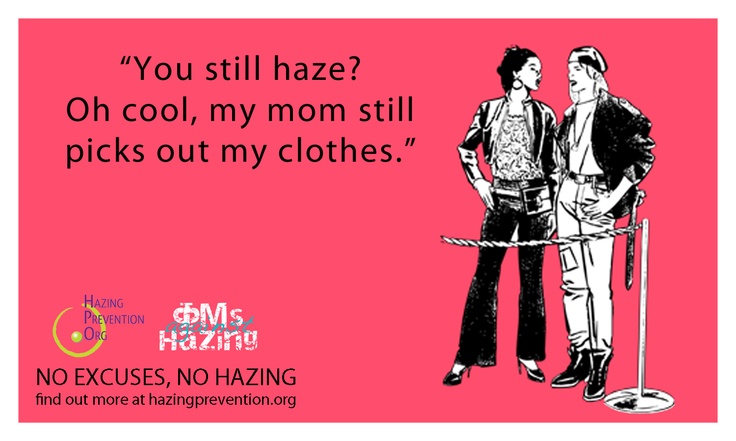
Learn more









